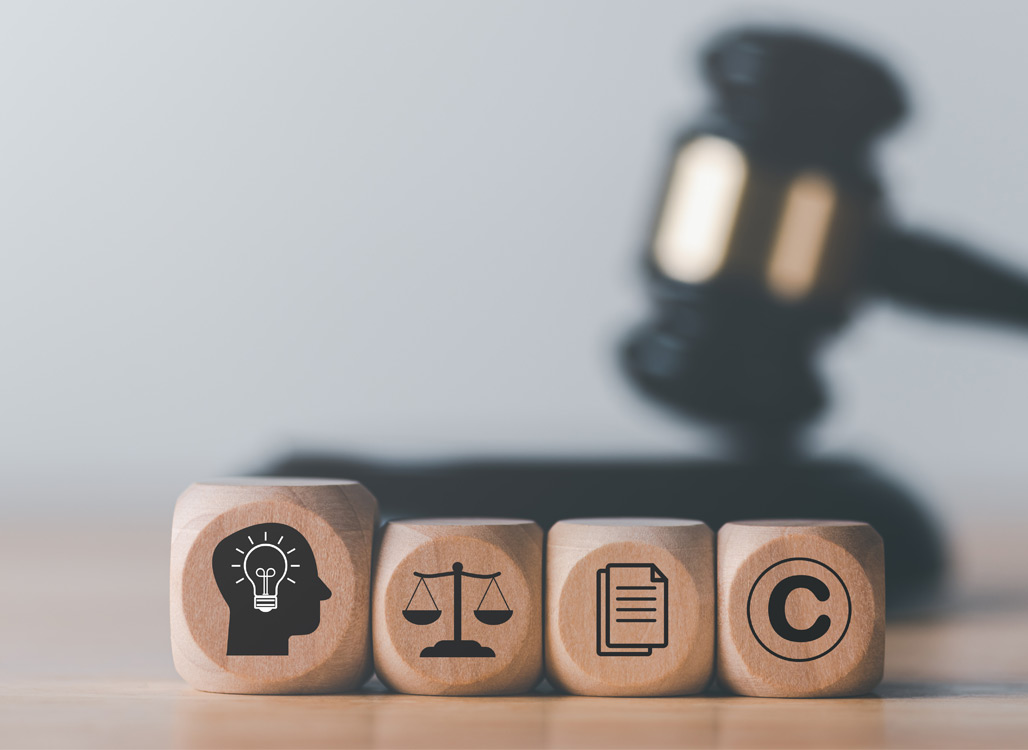ITC Section 337 Litigation
- Our ITC Section 337 Litigation Team offers clients a comprehensive array of technical know-how combined with extensive U.S. International Trade Commission (ITC) litigation experience.
- Our team includes former ITC attorneys, and we excel in navigating the ITC's procedural rules and presenting complex, technical matters to the administrative law judges and commissioners using effective reasoning and strategy as well as state-of-the-art technology.
- Our knowledge of the science and technology underlying our clients' intellectual property enables us to translate complex subject matter into understandable concepts.

Overview
The U.S. International Trade Commission (ITC) is an independent federal agency with broad investigative powers on matters of trade. The ITC adjudicates complaints involving imports that allegedly infringe U.S. intellectual property rights under Section 337 of the Tariff Act of 1930. It has jurisdiction over any article imported into the United States and can issue orders directing U.S. Customs agents to bar infringing articles at the border. This injunctive relief can be leveraged to obtain monetary settlements that are larger than a typical district court damage award. In certain circumstances, the ITC can also bar the articles of parties that were not named in the underlying complaint.
ITC proceedings are governed by specialized rules, and the ITC has unique standing requirements, including proof that a relevant domestic industry exists or is being established. The ITC is required by rule to proceed quickly – merits hearings typically occur within seven to eight months, initial decisions issue within a year and final decisions can be expected within 16 months. As a result, ITC litigations are often decided not only by the strength of the merits, but the experience and knowledge of the litigation team.
We also excel in representing clients on appeal at the U.S. Court of Appeals for the Federal Circuit as well as before the Intellectual Property branch of U.S. Customs and Border Protection (CBP) and the U.S. Trade Representative in connection with the enforcement of ITC remedial orders.
Courtroom Prowess Combined with Technical Know-How
The most common IP disputes at the ITC involve patents and/or trademarks. The majority of our patent litigators hold undergraduate and advanced degrees in a variety of technical and scientific areas, including biomedical engineering, chemistry, computer and software engineering, electrical engineering, mechanical engineering, computer science, mathematics, plastics engineering, aerospace engineering, industrial engineering, ceramic engineering, information science and physics. More than half of the attorneys on our ITC Section 337 Litigation Team are registered to practice before the U.S. Patent and Trademark Office. The team also includes former judicial clerks and externs.
Holland & Knight's ITC Section 337 patent litigators are adept in the art and science of explaining complex evidence, using cutting-edge technology to help make the evidence both clear and comprehensible to juries and courts. Moreover, our highly experienced trademark litigators have litigated everything from complex meta tagging and trade dress actions to word mark matters. Our investigators and outside resources – including language experts, skilled industry professionals, computer forensics specialists and survey firms – work together to offer comprehensive litigation support services.
Representing Clients Across a Range of Industries
Our litigation attorneys understand not only IP law but the science and technology behind the facts – no matter the sector. For example, we have litigated patents owned by large and small companies spanning virtually every technology and industry, including computer and software, retail, pharmaceuticals, telecommunications, medical devices, biotechnology, chemistry-related innovations, electronics and electrical devices, mechanical devices, food and flavors, and electromechanical devices.
Assembling lean, focused litigation teams that include attorneys with the specific knowledge, technical skill and litigation savvy to handle each case is a priority. We pride ourselves on our ability to develop a strategy that is tailored to each case, meets our clients' business goals and helps achieve results that bring them back to us for their future intellectual property needs.
Our extensive experience includes trying a wide variety of matters, from complex, "bet the company" patent litigation to small enforcement cases. Regardless of the size of the matter or the organization, our lawyers have the technical and courtroom capabilities and the commitment necessary to provide our clients with representation of the highest quality.
